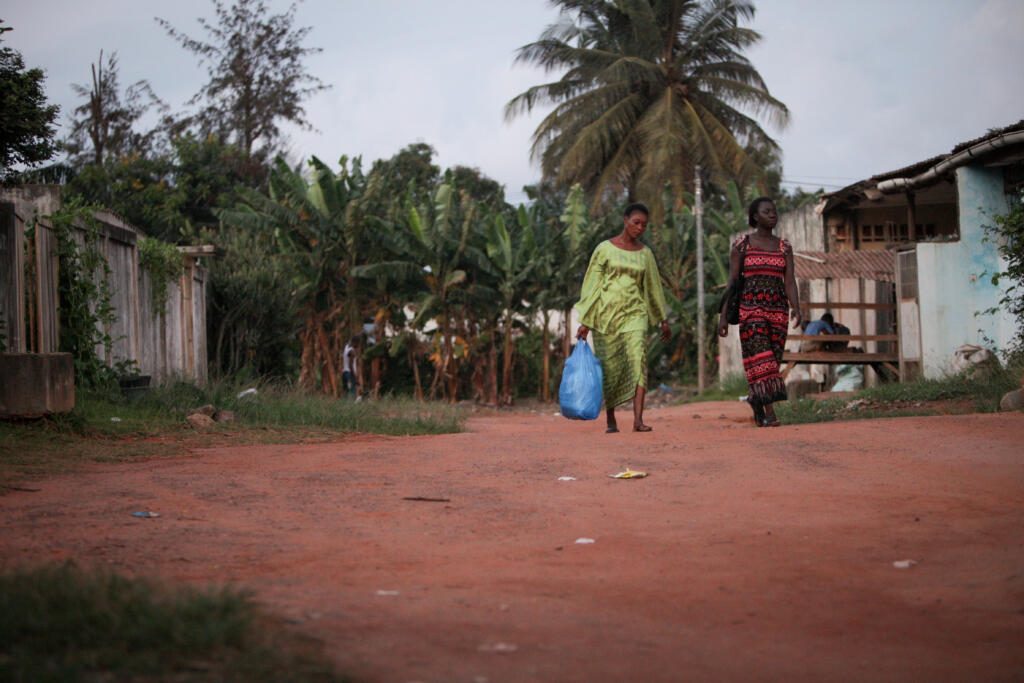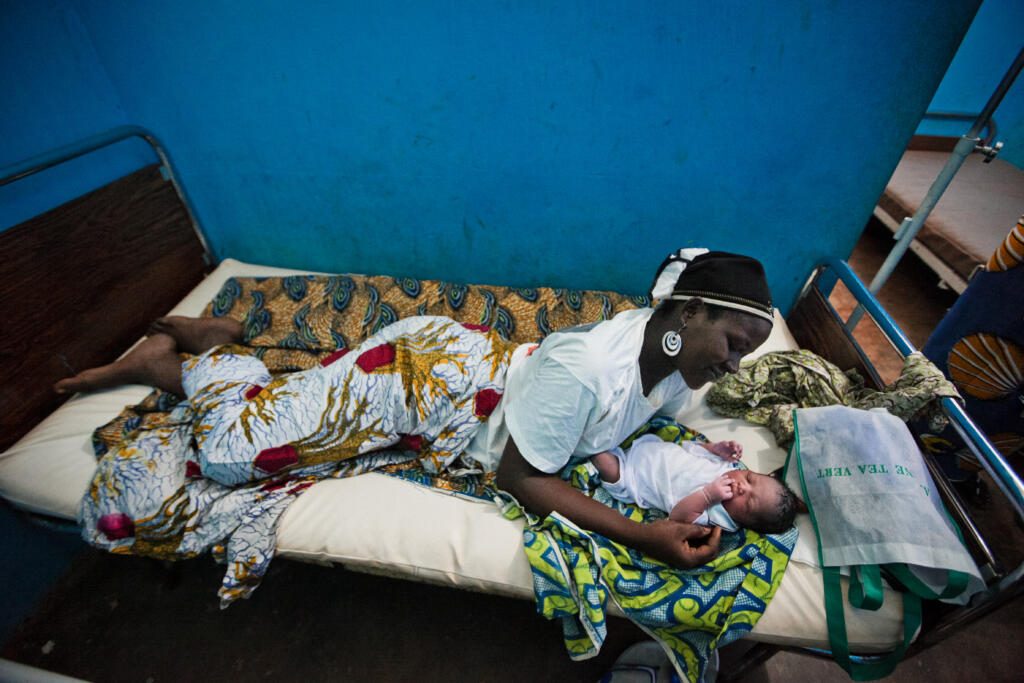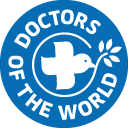Cervical cancer remains a huge issue for women in Ivory Coast
Doctors of the World approach against cervical cancer
In response to the disparaging health inequities that women must endure, Doctors of the World has been developing a project for the prevention, screening and management of precancerous lesions of the cervix in Abidjan since 2020. The project was developed with all project stakeholders at community, institutional,(National Cancer Control Program and civil society levels. Together with DotW, areas of intervention, development of strategies, training and more were discussed to formulate a method that would tackle HPV and cervical cancer head on.
Overall, 4 innovative approaches will be tested:
- The implementation of a screening strategy organized in the community by carrying out community health campaigns at home rather than in health centers,
- The proposal made to women to take a self-sample, if they wish, as an alternative to sampling by health personnel, so that women are actors of their health,
- The development of an innovative screening algorithm recommended by the WHO with detection of HPV by PCR initially, then a search for precancerous lesions by VIA (Visual Inspection by Acetic Acid) for patients positive on the first test,
- Treatment of lesions by the thermocoagulation method as an alternative to cryotherapy, which is more expensive and more difficult to use.
As of 2021, our fight against cervical cancer has resulted in:
- 1,126 women screened by HPV test and 158 women by VIA test,
- Trained 35 health providers and 25 Community Health Agents,
- Rehabilitated and/or built and provided with inputs 3 health structures,
- Developed an analysis of the legal and institutional framework cervical cancer in Côte d’Ivoire
- Follow-up 5 advocacy actions on the bill on reproductive health; comprehensive sexuality education; the SR/FP Coalition, etc.
Doctors of the World has been providing care to young people and drug users in Ivory Coast since 2011
For certain populations in the Ivory Coast, there are significant barriers that prevent them from accessing healthcare
Our teams work to break down these barriers and to advocate for the easing of restrictive health legislation.
The two areas where we focus the majority of our efforts are providing sexual and reproductive healthcare to young people and conducting harm reduction activities with drug users in the capital of Abidjan.
In addition, abortion law is extremely restrictive and medical staff are often untrained in the treatment of unwanted pregnancies.

In Ivory Coast, government health services directed towards young people often do not address their needs, are unaffordable, and social stigma often prevents adolescents from accessing them. Only 14% of young people use any method of contraception and many teenagers fall pregnant while enrolled in high school. By the time they are between 15-19 years of age, 30% of teenagers have already had their first child.
In addition, reproductive healthcare legislation restricts access to safe abortions and family planning services are severely underfunded. Many teenagers who are unable to care for a child end up resorting to unsafe and dangerous abortions.
We work with local health infrastructure to strengthen access to reproductive care
Doctors of the World currently supports 45 healthcare centers in 3 districts where we provide free healthcare for pregnant women and children under 5 years old.
We also provide training to medical staff in the treatment of unwanted pregnancies.

In the Ivory Coast, drug users are often stigmatized by society and end up living in run down areas that have little sanitation or access to water. This population also struggles to access healthcare and is disproportionately affected by diseases such as HIV, Hepatitis B, and tuberculosis. In Abidjan, an estimated 5.4% of drug users are HIV positive and 10% suffer from Hepatitis B.
Since 2015, our teams have worked alongside local organizations to conduct prevention and harm reduction activities with drug users in Abidjan. We work to improve the support they receive from the healthcare system, to combat the stigma they face, and to strengthen the capacity of our national partners.


